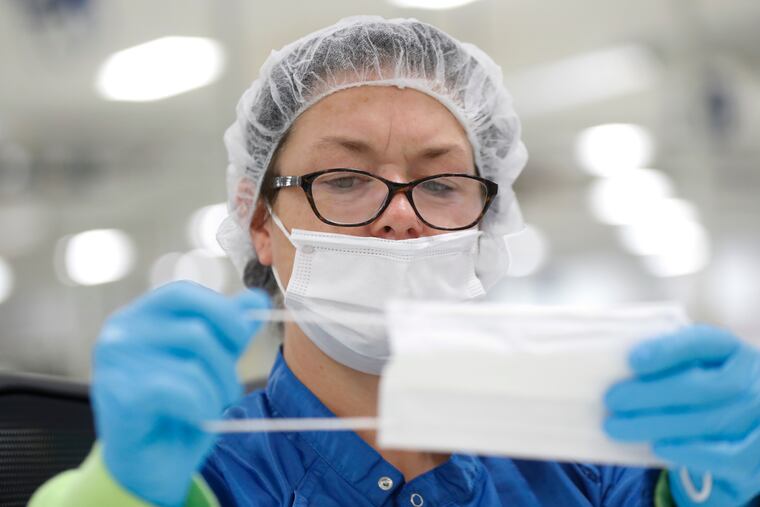COVID has changed how I will practice medicine, forever | Expert Opinion
As much as office processes have evolved, it is in the emotional realm of practice where I am most profoundly changed in the wake of this pandemic.

As we were finishing up our video visit the other day, my patient asked, “So, when do you think you’ll start seeing patients in the office again?” It’s a question I’m hearing more often in the last week or so, since the news of businesses easing restrictions in some states.
For this patient, it is a complex issue. He is in his 40s and fairly healthy, but is a caregiver for a chronically ill parent, and for a son who also suffers from a respiratory illness. He is thankful for the availability of virtual care, and worries that venturing out, even to the doctor’s office, might put his family at risk, should he contract the coronavirus.
Next, I saw on my screen a frail, soft-spoken 85-year-old woman with chronic obstructive pulmonary disease and hypertension. It has been awhile since I’ve been able to listen to her lungs or check her blood pressure, and she’s fallen behind on lab testing and preventive care. I would love to see her in the office in person, hold her hand, and place my stethoscope on her chest, which I know she finds very reassuring. Yet are these procedures worth the risk of taking her from the relative safety of her home?
Our primary-care practice has been through tremendous upheaval as COVID-19 forced us to quickly hone our telemedicine skills and work remotely. Now, as we plan our return to seeing patients in person, primary care in many ways seems permanently altered.
For one, I used to think, pre-COVID, that it was a bit excessive for patients and clinicians to wear masks when evaluating respiratory complaints. Not anymore. COVID-19 has underscored their importance, along with hand washing and distancing as vital tools to reduce harm to patients and clinicians alike from many contagious pathogens.
I am now much more sensitive to the hardships that many patients have to endure simply to get to our office. I have seen how many diagnoses can be made and conditions managed without an in-person visit, which, for some, may be inconvenient and even dangerous. Telemedicine feels strange when it is suddenly the only choice for patient care, but it will surely remain a valuable option. In-person care will always be ideal, but recent experience has taught me how to improvise, and create a care experience that balances risks and benefits to each patent.
As much as office processes have evolved, it is in the emotional realm of practice where I am most profoundly changed in the wake of this pandemic. For the first time in my career, my patients and I share vulnerability to a potentially deadly infection. This is the closest I have come to understanding the brooding angst that patients must feel as they face the cruelty of illness. This heightened empathy is something I will carry with me into every current and future patient encounter.
Most of all, I am humbled by the gratitude I’ve seen every day. “You take care of yourself now, Doc,” and “I know you can’t see me in person, but I so appreciate you taking the time to call me” are phrases that I hear multiple times a day from my patients, many of whom are sick, quarantined, and have just lost their jobs.
In the midst of this vexing crisis, my patients are the ones who are setting the standard of compassion. They depend on me to guide them, evaluate their symptoms and fears, and somehow they find space within themselves to worry about how I am doing. As a witness of kindness and humanity, I am forever changed.
Jeffrey Millstein is a primary-care physician and medical director for patient experience-regional practices at Penn Medicine.